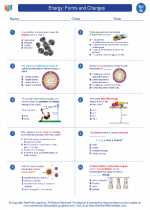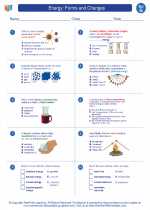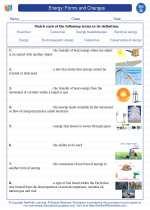Glucose
Glucose is a simple sugar and the most important source of energy in the human body. It is a type of carbohydrate that is found in many foods and is also produced by the body. Glucose is the primary fuel for the brain and muscles and is essential for the proper functioning of the body.
Structure of Glucose
Glucose is a monosaccharide, which means it is made up of a single sugar molecule. Its chemical formula is C6H12O6. It exists in both linear and ring forms, with the ring form being the more stable structure.
Functions of Glucose
Glucose serves as the primary source of energy for the body's cells. It is broken down through a series of chemical reactions in a process called cellular respiration, which generates ATP (adenosine triphosphate) – the molecule that stores and transfers energy within cells.
Additionally, glucose is used in the synthesis of other important molecules such as glycogen (the body's storage form of glucose), fatty acids, and amino acids.
Regulation of Glucose Levels
The body tightly regulates the levels of glucose in the blood to ensure a constant and adequate supply of energy. The hormone insulin, produced by the pancreas, helps to lower blood glucose levels by promoting the uptake of glucose into cells and the storage of excess glucose as glycogen. On the other hand, the hormone glucagon, also produced by the pancreas, helps to raise blood glucose levels by stimulating the release of glucose from the liver.
Study Guide
- What is the chemical formula of glucose?
- Explain the role of glucose in cellular respiration.
- How is glucose stored in the body?
- Discuss the role of insulin and glucagon in regulating blood glucose levels.
- What are the functions of glucose in the body?
[Glucose] Related Worksheets and Study Guides:
.◂Science Worksheets and Study Guides Seventh Grade. Energy: Forms and Changes

 Worksheet/Answer key
Worksheet/Answer key
 Worksheet/Answer key
Worksheet/Answer key
 Vocabulary/Answer key
Vocabulary/Answer key
 Vocabulary/Answer key
Vocabulary/Answer key
 Vocabulary/Answer key
Vocabulary/Answer key
